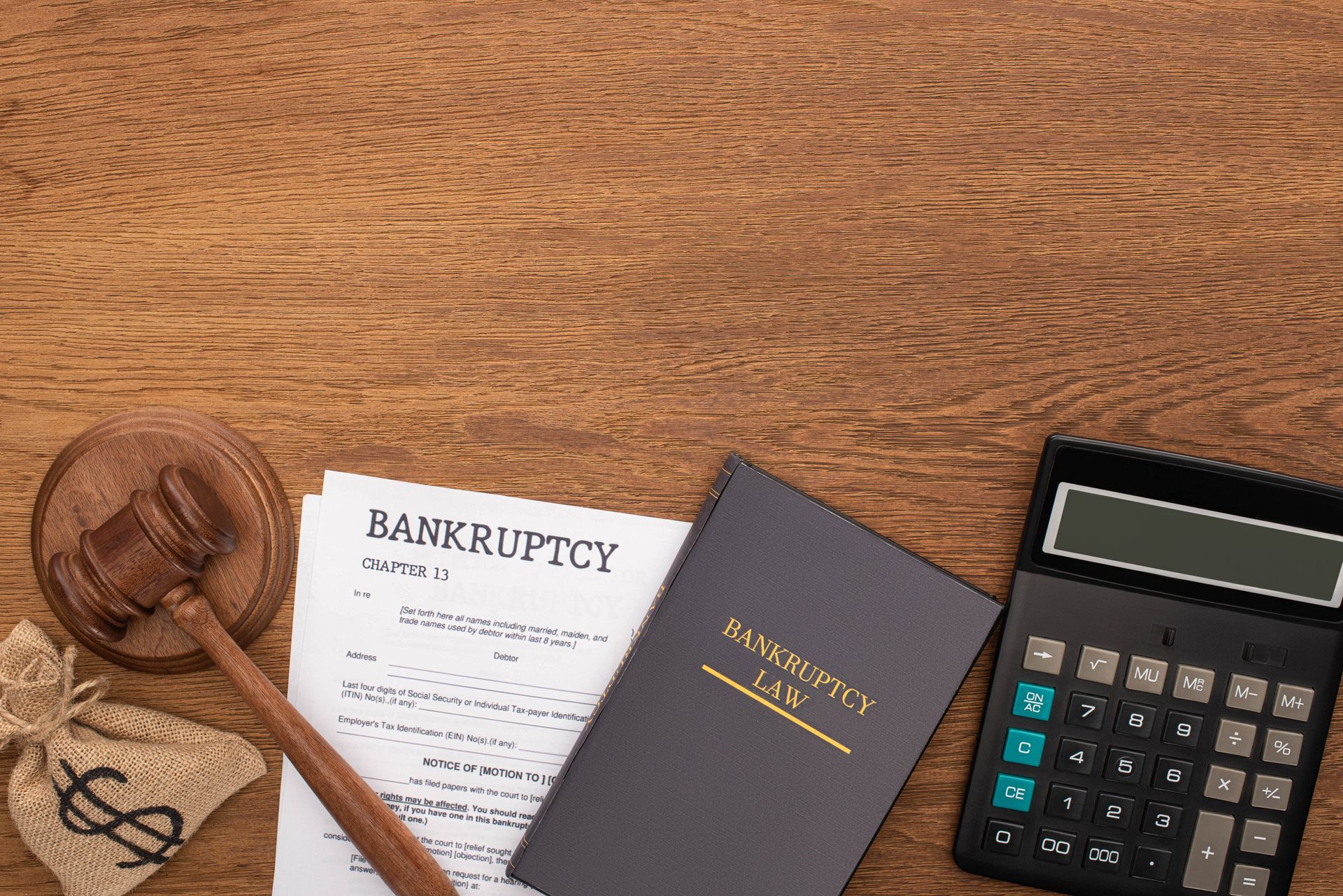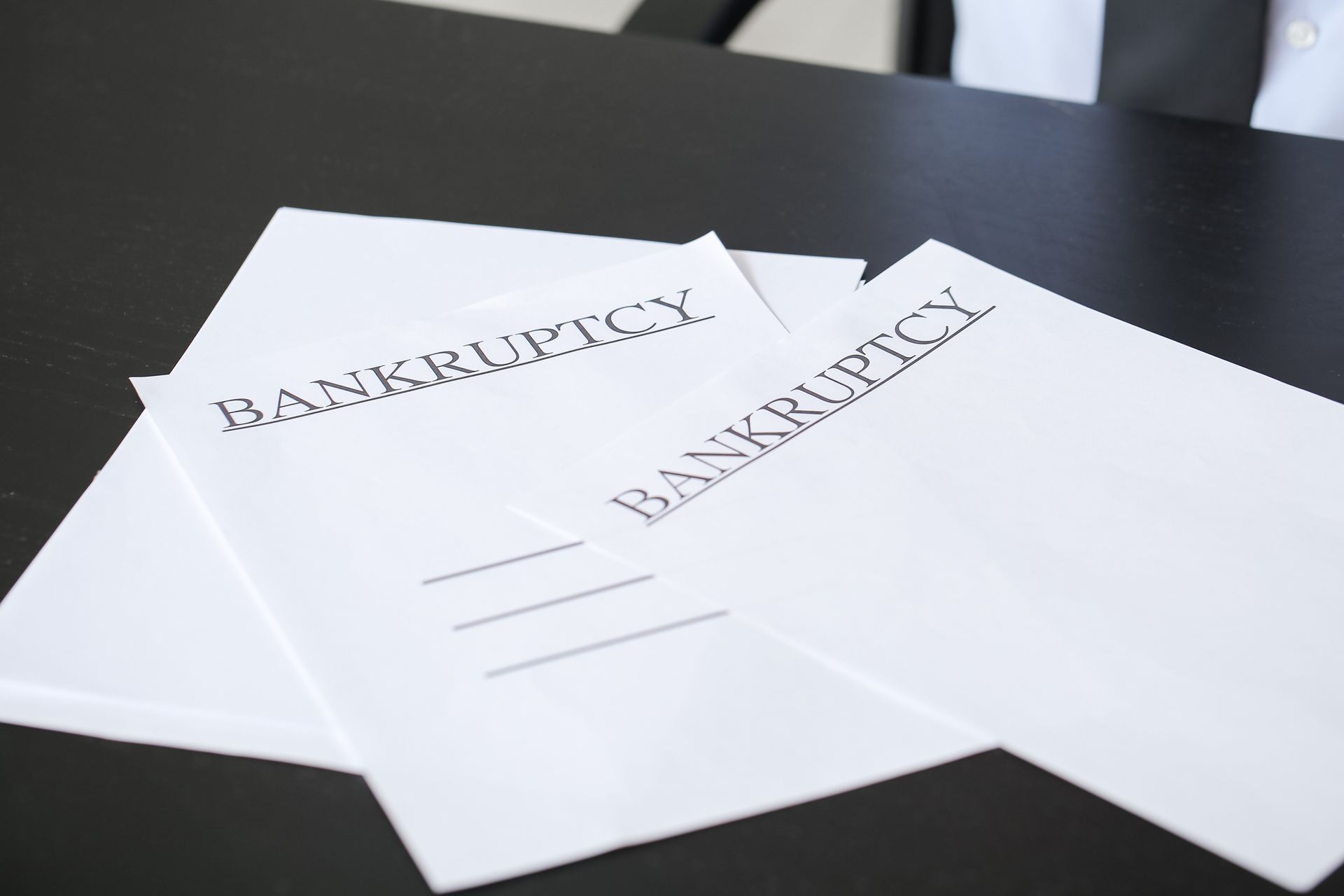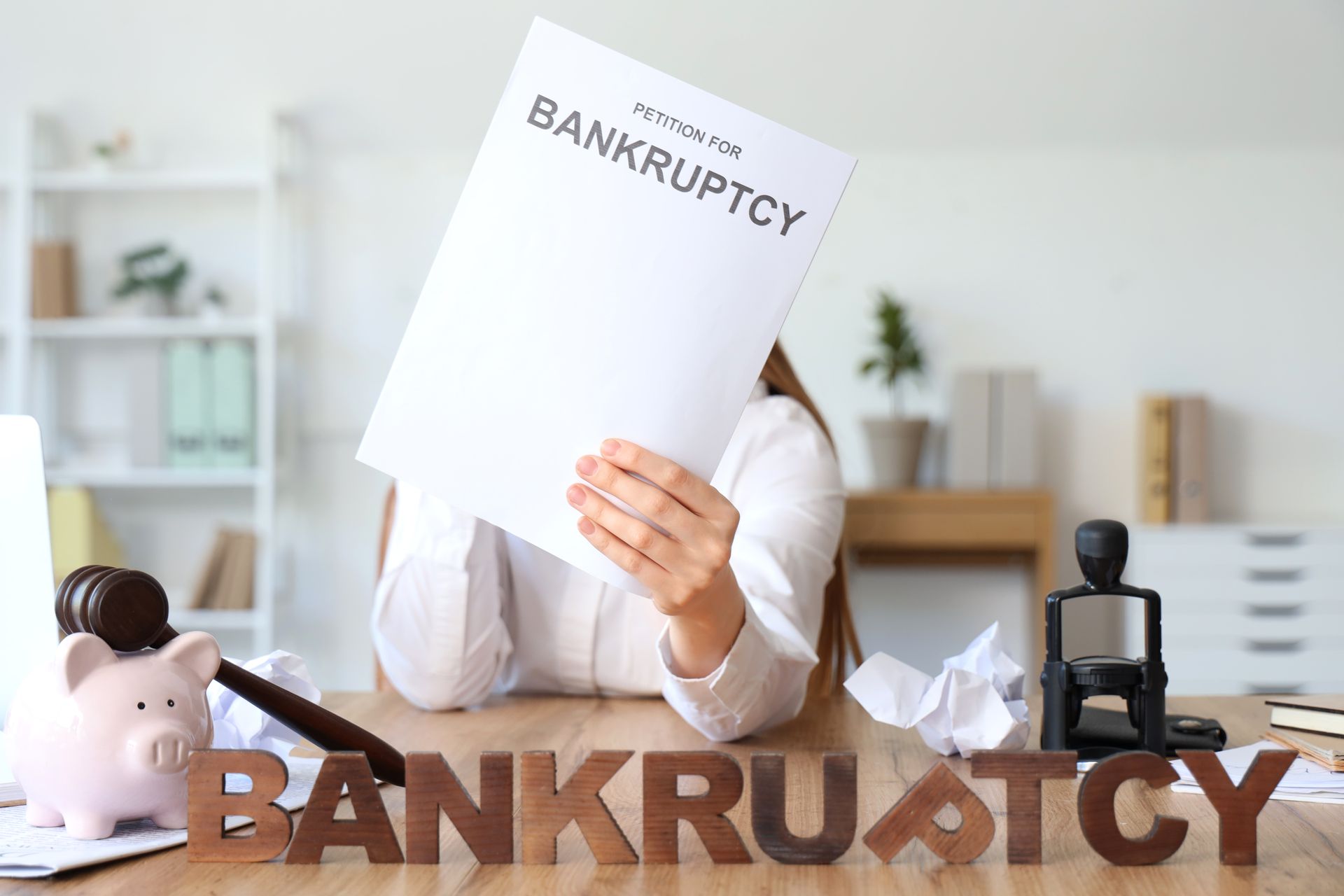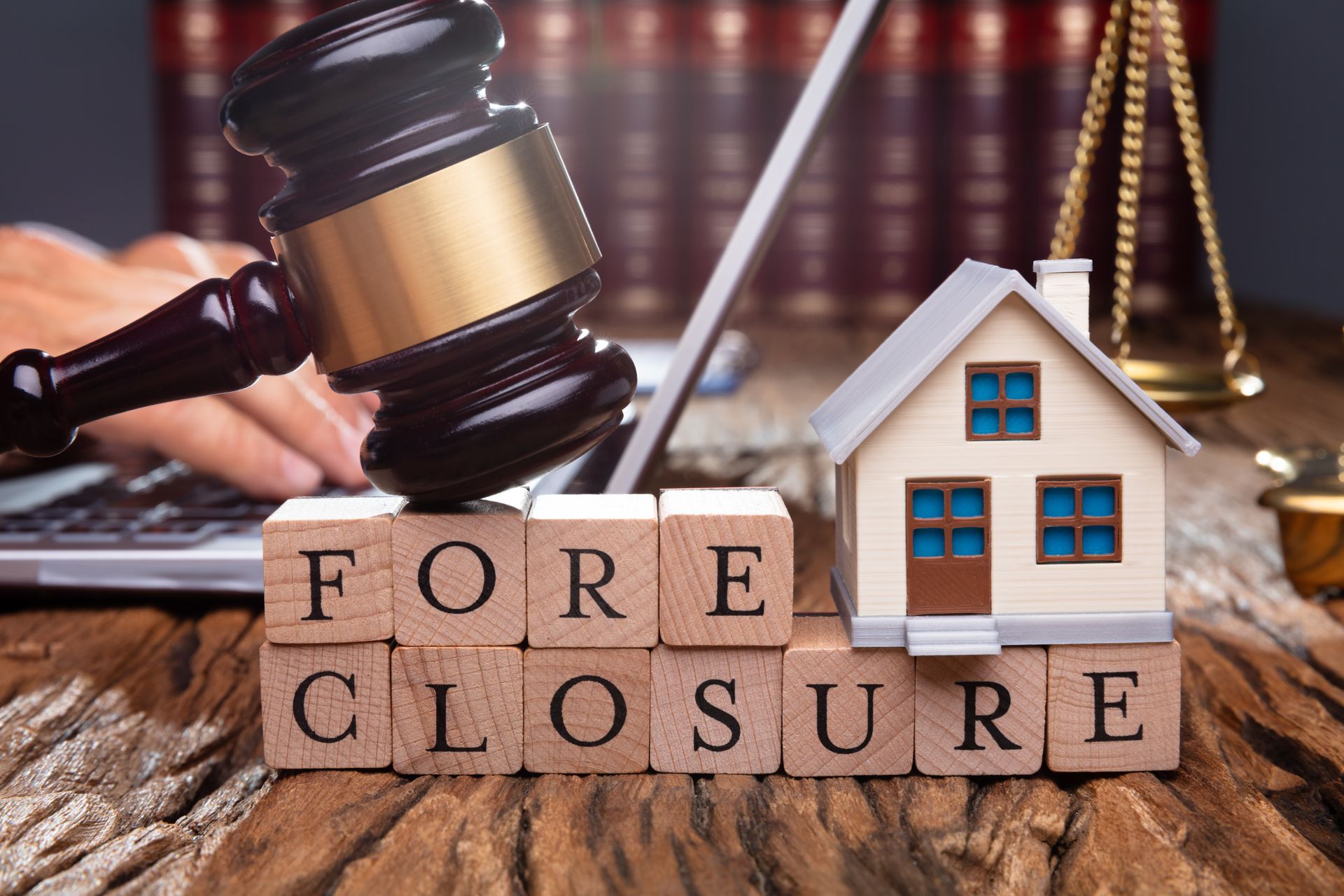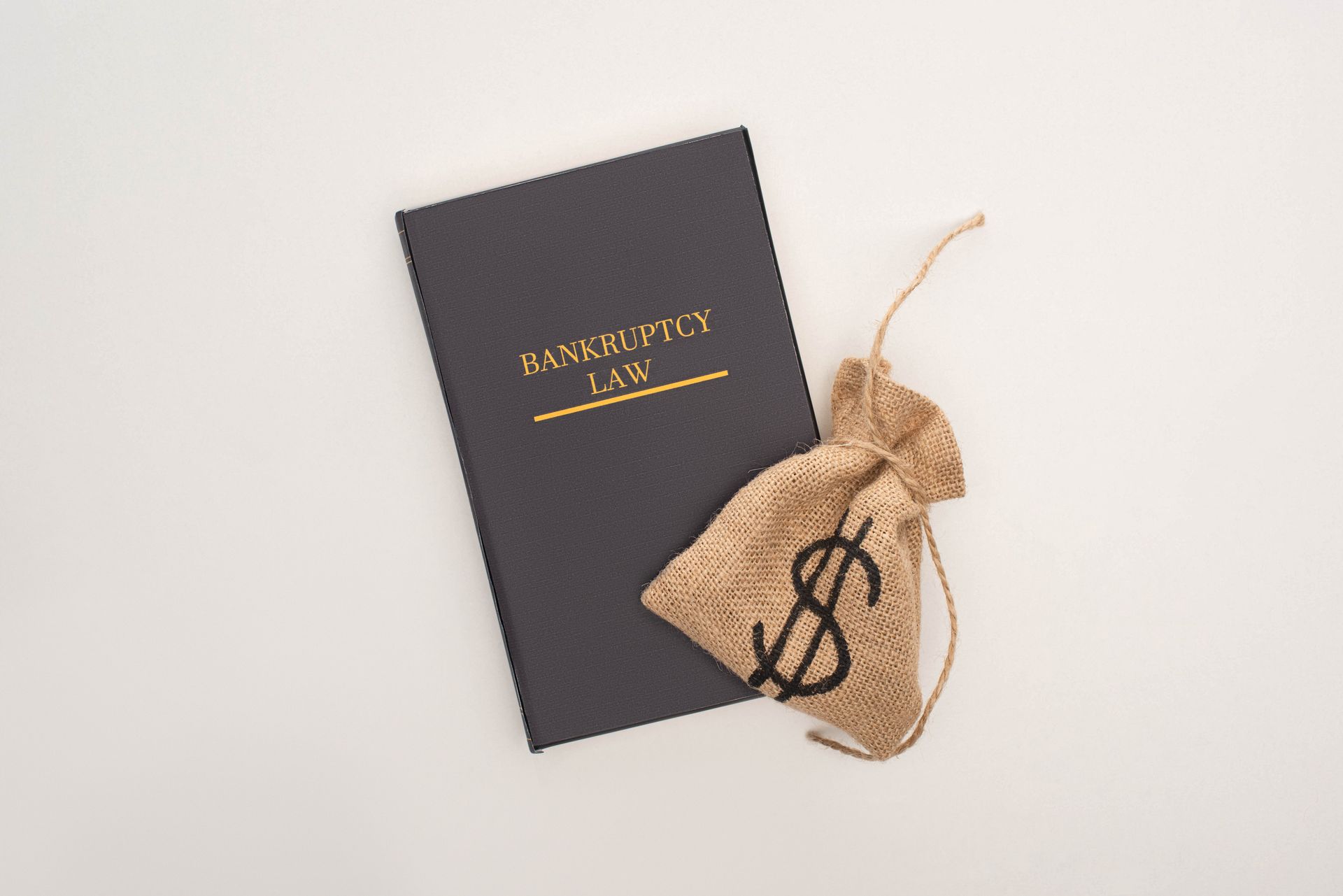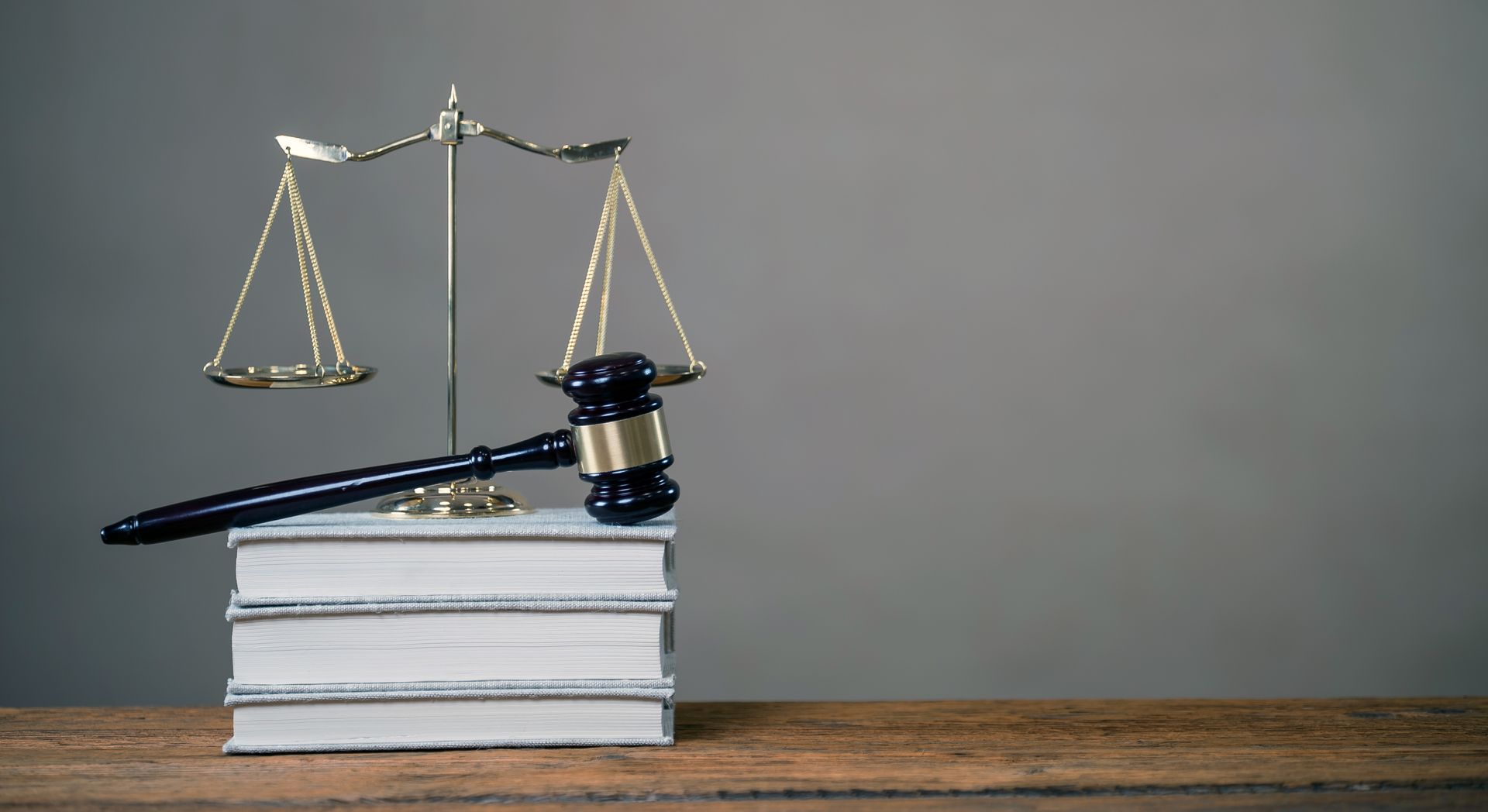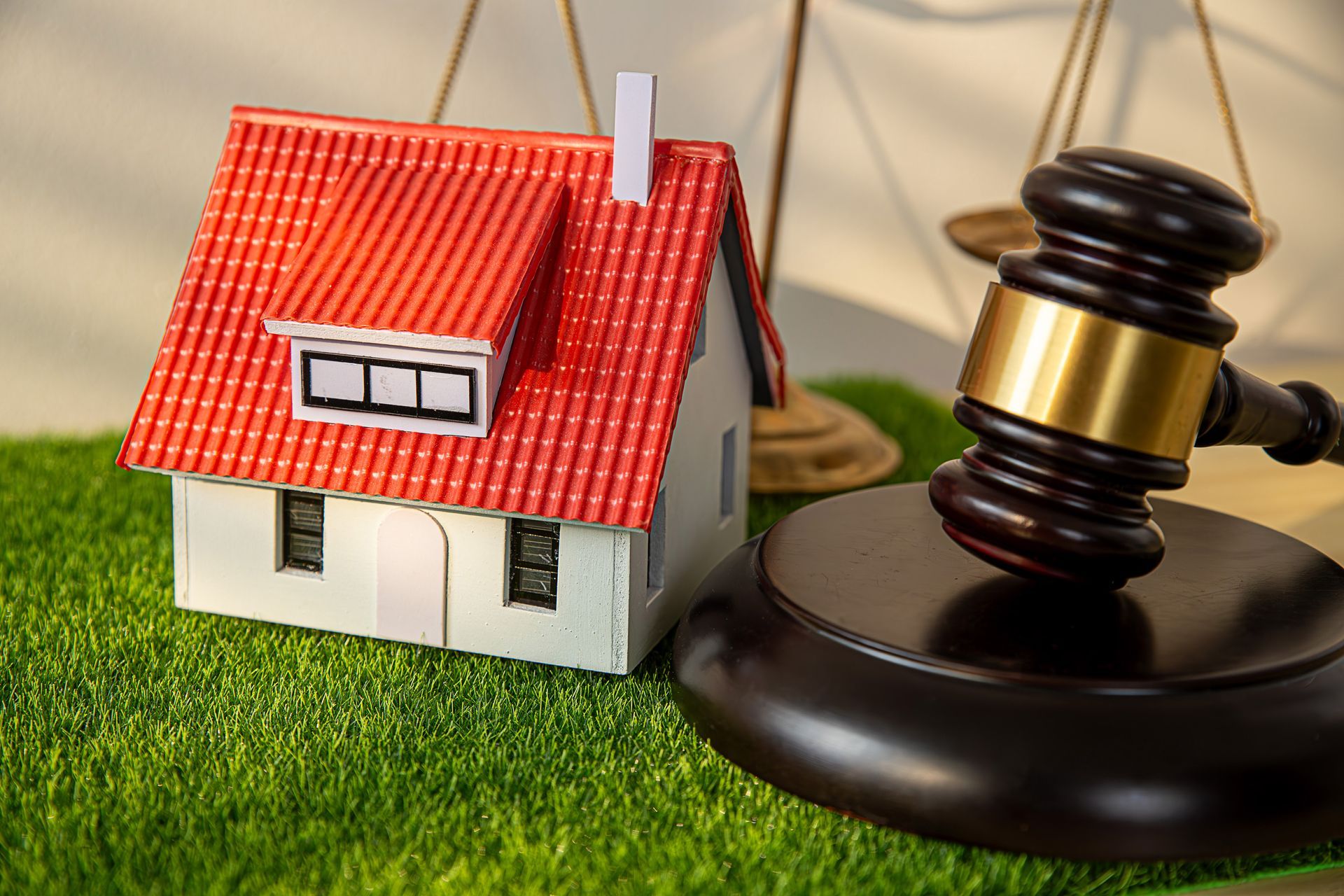Can You Keep Your Home with Chapter 13 Bankruptcy in Oklahoma?
Can You Keep Your Home with Chapter 13 Bankruptcy in Oklahoma?
If you’re struggling with overwhelming debt and facing the possibility of losing your home, you’re not alone. Many people in Oklahoma consider Chapter 13 bankruptcy as a practical solution to both manage their finances and keep their home. This guide explains how Chapter 13 works and how it can protect your home in Oklahoma.
What Is Chapter 13 Bankruptcy?
Chapter 13 bankruptcy, also known as a “wage earner’s plan,” allows you to restructure your debts into a manageable repayment plan over three to five years. Unlike Chapter 7 bankruptcy, which may involve liquidating assets to pay creditors, Chapter 13 focuses on helping you repay debts while retaining ownership of your assets—including your home.
How Chapter 13 Can Help You Keep Your Home
In Oklahoma, Chapter 13 offers several key protections for homeowners:
Stopping Foreclosure
Once you file for Chapter 13, an automatic stay is immediately triggered, halting foreclosure actions. This legal protection stops lenders from continuing with foreclosure proceedings, giving you the time needed to catch up on missed payments.
Catching Up on Missed Payments
Chapter 13 allows you to include overdue mortgage payments in your repayment plan. By making these catch-up payments over three to five years and staying current on new payments, you can retain ownership of your home.
Protecting Home Equity
Oklahoma law provides generous exemptions that shield a significant portion of your home’s equity. Chapter 13 works in combination with these protections, ensuring you can keep your home while repaying other debts.
Who Is Eligible for Chapter 13 Bankruptcy?
To qualify for Chapter 13, you must have a steady income that supports your repayment plan. Your total secured and unsecured debts must fall within certain limits. Chapter 13 is often an excellent option for homeowners who can afford to pay back what they owe over time and wish to avoid the risk of foreclosure.
Additional Benefits of Chapter 13 in Oklahoma
- Protection from Creditors: The automatic stay not only halts foreclosure but also stops wage garnishments and collection actions.
- Flexible Repayment: You can propose a repayment plan tailored to your budget and circumstances, covering both secured and unsecured debts.
- Avoiding Home Sale: By curing the mortgage default and maintaining regular payments, you can avoid losing your home.
Steps to Protect Your Home with Chapter 13
- Consult an Oklahoma Bankruptcy Attorney: A qualified attorney can review your situation and help determine if Chapter 13 is the best option.
- File Your Petition: Filing initiates the automatic stay, which stops foreclosure and other collection actions.
- Propose a Repayment Plan: Your attorney can help you create a plan that includes back mortgage payments and fits within your income.
- Attend the 341 Meeting: The trustee and creditors review the plan, and adjustments may be requested.
- Make Payments: Keep up with regular mortgage payments and plan payments to keep your home protected.
Conclusion
Yes, it is possible to keep your home with Chapter 13 bankruptcy in Oklahoma. This form of bankruptcy gives homeowners a structured way to catch up on missed payments, stop foreclosure, and retain ownership of their property while regaining financial stability.
If you are worried about losing your home, acting quickly is essential. Filing for Chapter 13 may be the solution you need to protect your family and secure a more stable financial future.
